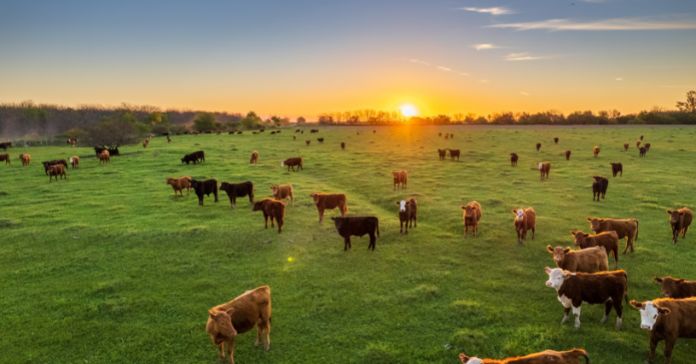
Many people might assume that owning cattle is incredibly easy, but that couldn’t be further from the truth. As you likely know, caring for and handling cattle is a full-time job that never ends. That’s because cattle have nutrient requirements, health risks, safety procedures, and guidelines that differ considerably from other animals. Juggling all those mitigating factors can become challenging, so you need to know the best ways to care for and handle your cattle.
Have Patience
Unfortunately, some ranchers make the mistake of thinking they need to push, rush, and yell at their cattle to get them to move. When one utilizes this method, they’ll find it much harder to reach their desired end goal. In fact, pushing your cattle too hard can result in injury and increased stress. Remember, your cattle are intelligent beings who can take direction, but you must be willing to work with them and, above all, have patience.
Prepare for Change
You, more than anyone, understand that cattle behavior will change with the seasons, and that doesn’t just mean the weather. Cow birthing season is a significant time of the year and requires your ultimate preparation to ensure optimal outcomes. One of the best tips to prepare for cow birthing season is to ensure your facilities are ready.
Cow birthing season usually occurs around late winter, meaning your cattle will need to take prolonged shelter from the elements. A facility will also help keep newborns warm, safe, and healthy, increasing their quality of life.
Understand Their Habits
The best way to care for and handle your cattle is to better understand their behavior. All animals have unique quirks you can fight against or accept and work with. Of course, you’ll find working with your cattle’s habits much easier.
Cows tend to be quite nervous, so it’s best not to spook them to get them to do what you want. Moreover, they are herd animals, meaning they naturally want to be in the company of other cattle. When you understand behaviors like this, you can have much greater success in caring for your cattle.







